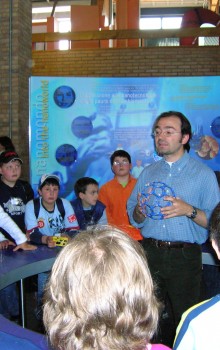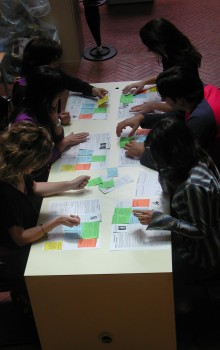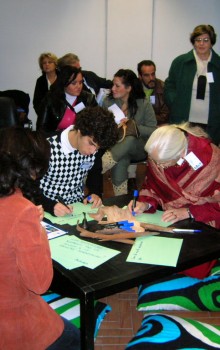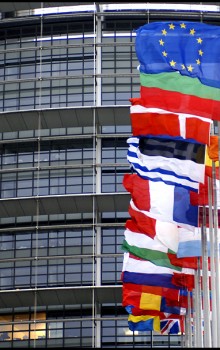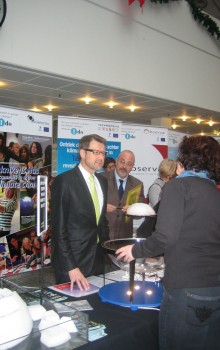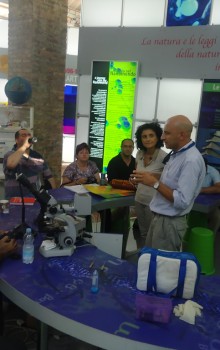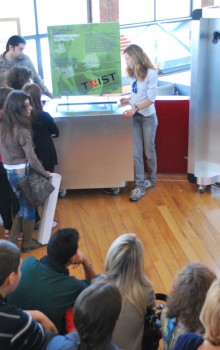The European dimension for the achievement of a new scientific citizenship is one of the main aims of Città della Scienza. In order to face the challenges of globalization, overexploitation of natural resources, population ageing, Europe needs a joint effort. For this reason, the European Commission has launched the Europe 2020 strategy for building an intelligent, sustainable and inclusive economy with high levels of employment, productivity and social cohesion. An intelligent development means promoting knowledge and innovations as driving forces of our future economy. Achieving these goals require an improvement of the quality of education, research, innovation and technological transfer toward all the citizens.
Activities
Realized Projects
- PIER. Public Involvment with Exhibition on Responsible Research and Innovation
- VOICES. Voices for Innovation
- Europe Direct. Network of centres and expert speakers in every EU country
- EDISON. Energy Distribution Infrastructure for SSL Operative Networks
- KiiCS. Knowledge Incubation in Innovation and Creation for Science
- SHEMERA. Euro-Mediterranean research cooperation on gender and science
- PLACES. Platform of Local Authorities and Communicators Engaged in Science
- NTSE. Nano Technology for Science Education
- TWIST. Towards Women In Science and Technology
- TIME FOR NANO. Tools to Increase Mass Engagement in Nanotechnologies
- NanoToTouch. Nanosciences Live in Science Centres and Museums
- NetSEU. Network to improve nonformal Science Teaching in Europe
- Key Competence Happiness
- RAGELab Plus
- ACCENT. Action on Climate Change through Engagement, Networks and Tools
- GAPP. Gender Awareness Participation Process
- CIPAST. Citizen Participation in Science and Technology
- ECD. European Citizens Deliberation on Neurosciences
- Progetto EuEv. Joint Exhibition on Evolution
- NanoDialogue. Enhancing Dialogue on Nanotechnologies and Nanosciences in Society at the European level
- DECIDE. Deliberative Citizens’ Debates in European science centres and museums
- PENCIL. Permanent European Resource Centre for Informal Learning








